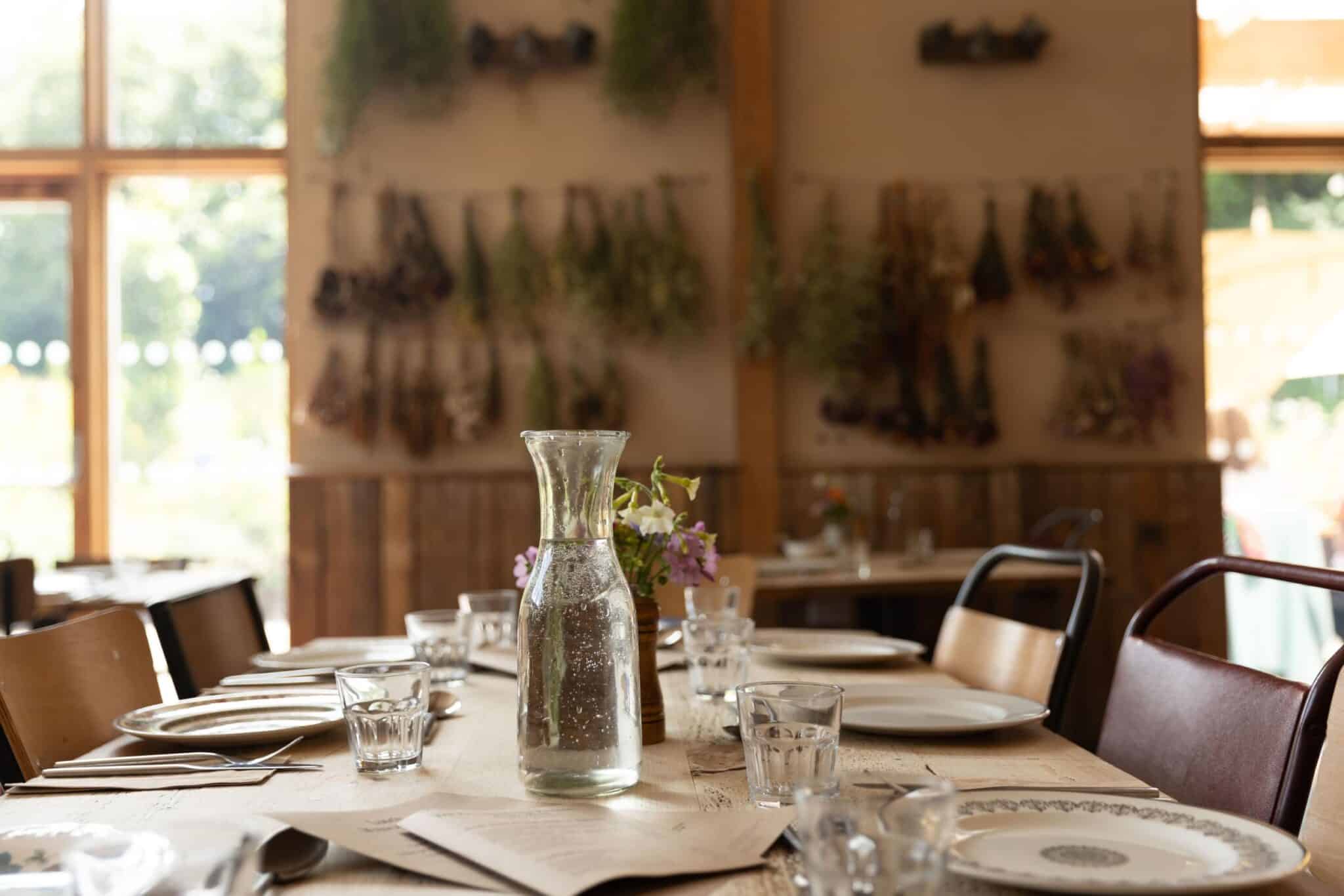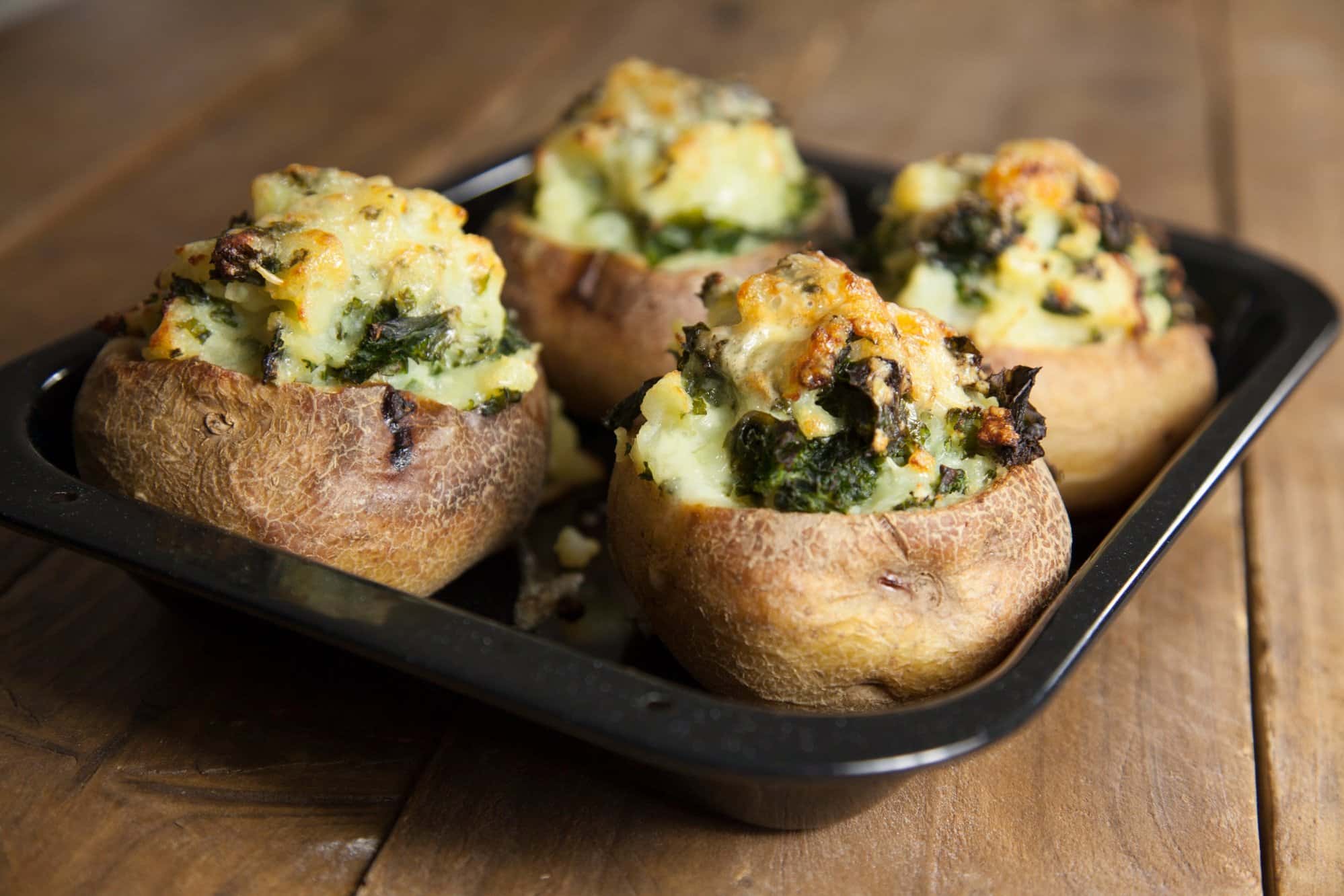For farmers and producers
A restaurant with a strong and direct relationship with the farmers and producers is more likely to be supporting small scale farms and businesses and paying a true price for the produce. By extension they tend to have nose for the best stuff and cook it with increased respect and skill. Lots or menus will carry the disclaimer “where possible” in relation to being organic or locally sourced; well, it is very possible if you see it as priority. Eat with those that do and the pennies will end up in the right pockets. Try The Bull Inn (Totnes), The Ethicurean (Bristol) and The Veg Box café (Canterbury). https://thevegboxcafe.co.uk/
For the environment
This starts with the raw ingredients, looking for organic, regenerative and seasonal produce will help ensure that the impact on land and nature will be lessened. There is a new generation of chefs who see waste in the kitchen as a culinary challenge rather than an inevitability and are endeavouring to use everything from root to shoot and nose-to-tail. It is telling that many high-end restaurants have traded excess and opulence for kitchen gardens, solar panels and zero-waste principles. You can judge a place as much on the provenance, packaging and carbon footprint as the tucker on offer. Try Silo (London) or Argoe (Newlyn).
For the staff
The catering industry has historically been built on bad pay, long hours, zero-hour contracts and the use of tips to bulk pay. It could be as simple as judging if the staff seem happy, un-stressed and proud; retention of staff is also a good sign. Check whether tips or service charges are shared between the staff – it is law now but often flouted. Some larger businesses will enter certification or award schemes that have staff wellbeing as part of the criteria, B-Corp being the most significant. A handful of business have made the move to employee ownership too, a trend that is hopefully on the rise. Try The Riverford Field Kitchen (Devon), The Darjeeling Express (London) and Hawksmoor (London).
For the community
Eat in a café or local restaurant that you know to be independently owned; it means your money is going back into the local economy rather than straight back to venture capital and shareholders. There are also some shining examples of eateries whose entire purpose is to provide opportunities and support to marginalised groups or charities – whether via their employment policy or by putting a proportion of their profits back into community charities. Many community food banks also run pay-what-you-feel meals that allow those in need to access free or cheap meals and others to support via donations. Food is also a great medium for community support groups and there are many that use the cooking of a meal as the vehicle for a gathering or discussion. Try Luminary Bakery (London), Grounded MCR (nationwide at festivals), Men’s Pie Club (Northumberland), Food in Community (Totnes), Social Bite (Edinburgh).
This article was originally published in the latest print issue of Wicked Leeks, out now. You can read the full magazine online for free.















0 Comments